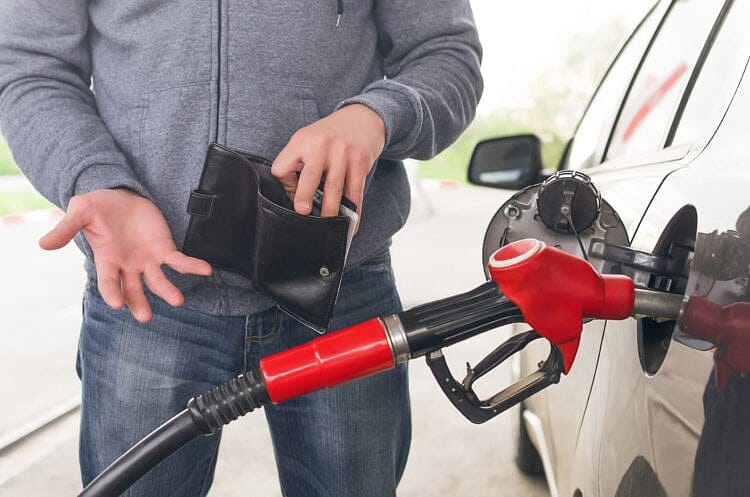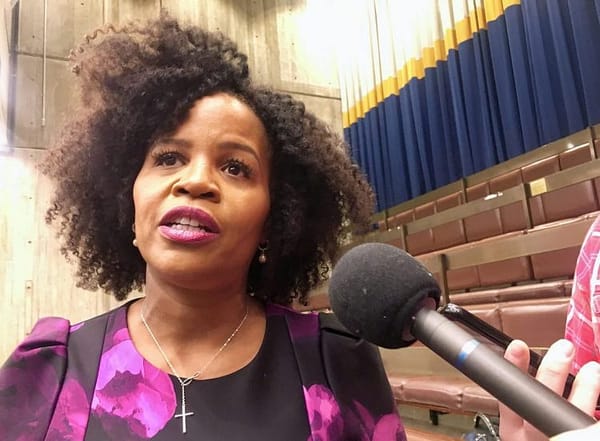News

Bipartisan Coalition Wants To Repeal Transportation and Climate Initiative Carbon Fee On Gas and Diesel

In 2014, Bay State voters voted to tank the gas tax.
Could they do the same in 2022?

